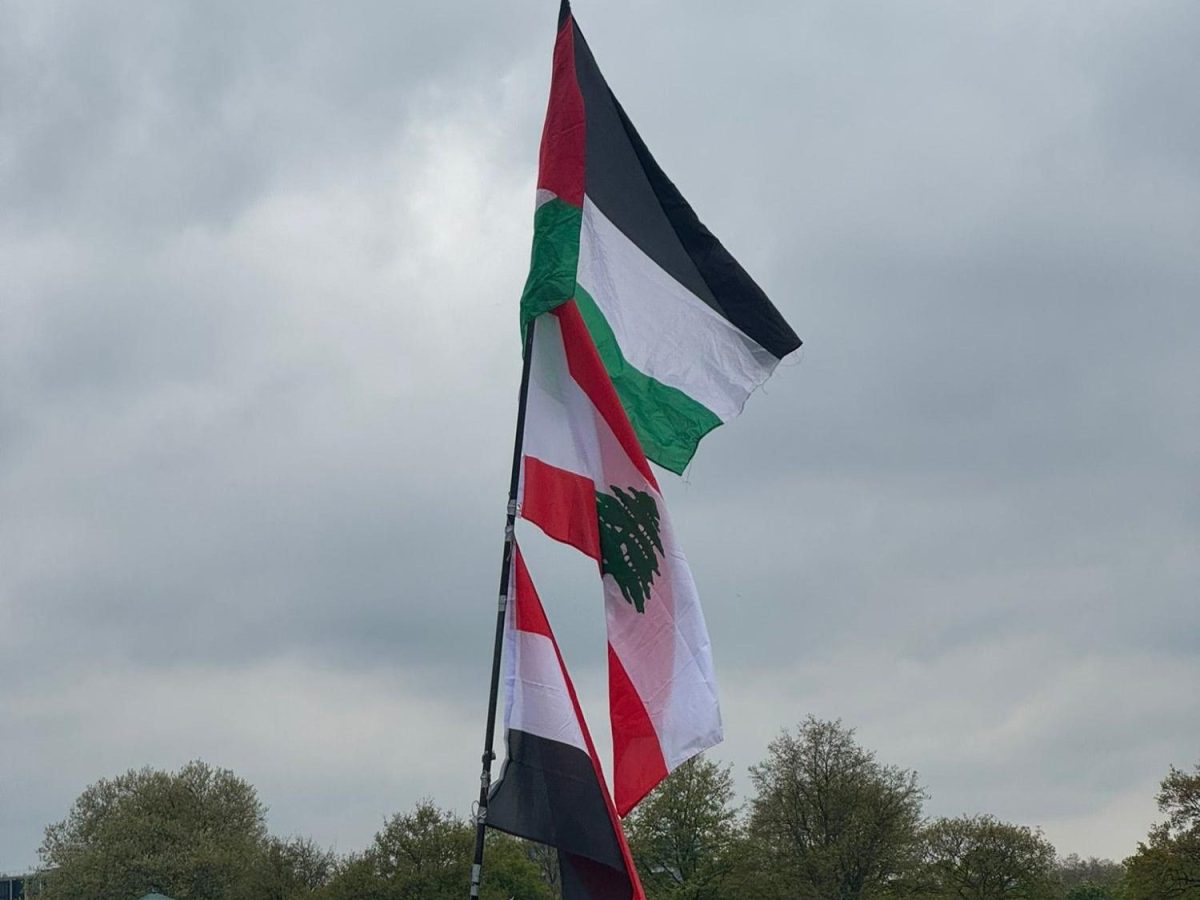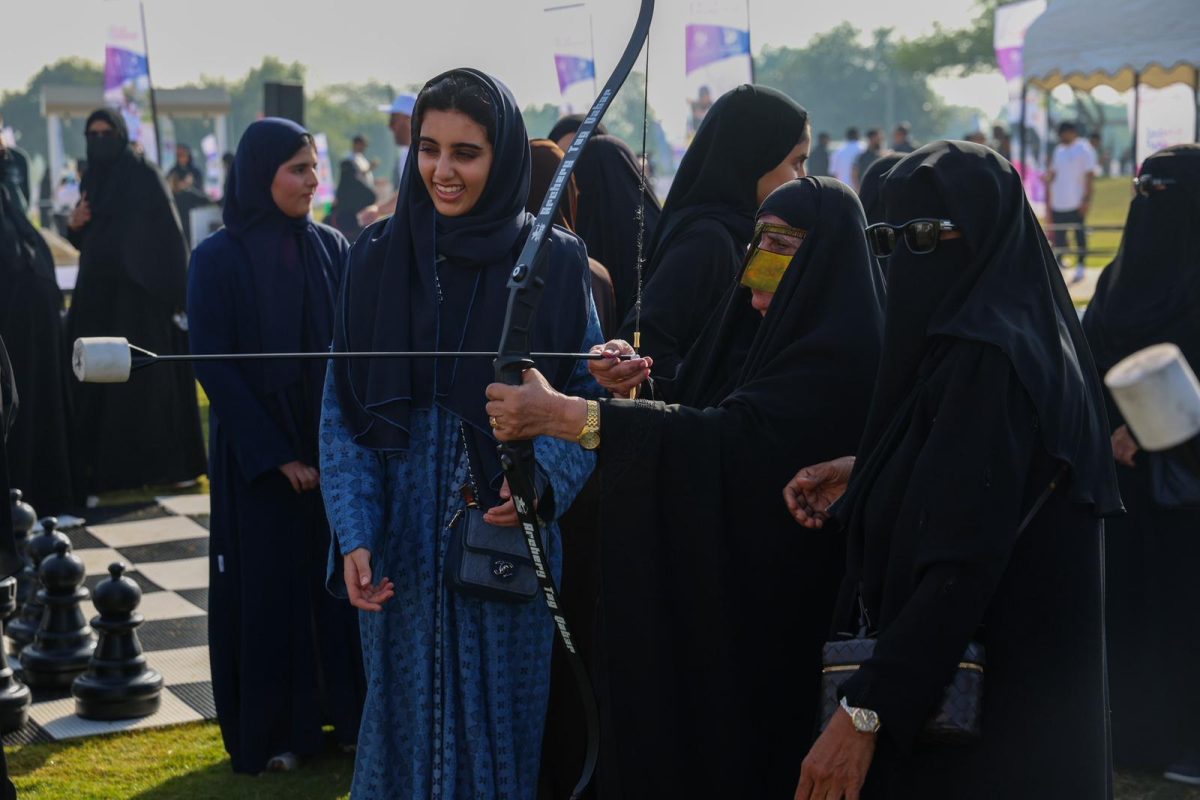Israel’s offensive in Lebanon has killed more than 3000 people and injured 13,492 since the beginning of the latest aggression, causing disruption, chaos, and a large wave of internal displacement. Daily activities have been halted all over the country due to the increasing instability, sudden bombing, and targeting of civilians including children and elderly people.
The bombing of the first few days resulted in one of the deadliest days in the country since the civil war, claiming the lives of 50 children in just two days. Israel has targeted residential buildings, schools, hospitals, and even ambulances, causing the displacement of 1.2 million Lebanese fleeing from tragedy.
Israel’s attacks on Lebanon are not new. They have ranged from the killing of paramedics and medical staff in the South to detonating pagers across the country a week before its large-scale attack began. Following the first week of events, educational institutions closed down schools and universities, with some operating sporadically according to their location.
While students in Lebanon face these uncertainties amidst bombing and war, Lebanese students in Qatar grapple with their education while being unable to verify that their families back home remain out of harm’s way.
Yara Khanafer, a Lebanese student from Qatar University, has found the attacks in Southern Lebanon close to her village Aynata, terrifying, abhorrent, and utterly devastating. “Since October 7, I’ve had a feeling that if this were to build up, Lebanon would definitely get involved and lead to a lot of destruction,” said Khanafer.
In the recent attacks on her village, Aynata, some of her family members were forced to evacuate to Beirut fleeing the shrapnels of war. “Unfortunately we have lost distant family members who were killed in Israeli strikes,” Khanafer said. Anxiety and fear have woven themselves into her heart in anticipation of “seeing the most devastating news of my life.”
Khanafer now resides in memories, constantly zoning out in the middle of classes, grieving for what once were beautifully paved roads, where she spent her happy childhood summers with her family. “I feel very guilty for being here while my people suffer, I am grateful that I am safe but it is very hard to move on with my life normally,” she said.
Northwestern University in Qatar student, Julia Nasser, echoed similar sentiments regarding the anxieties and fears around the expansion of the Israeli offensive in Lebanon, especially as the attacks approach her hometown Sidon, where her grandparents live. “I’ve been calling my grandparents a lot recently, it helps me balance emotions, but I don’t think there is a way to stop thinking about what is happening,” Nasser said.
In an effort to remain grounded amid the situation and focus on her academic year, Nasser recalls melancholically her trip to Lebanon just two months ago, where returning has become a farfetched dream. “This is starting to affect my academics and my overall focus because I am constantly thinking about my family, and how close they [the Israeli jets] are getting,” Nasser added.
Even when these students return home all they can hear are their parents talking about the possibility of war and memories of the 2006 aggression, while trying to remain positive. These students worry that Lebanon would mirror the situation in Gaza and occupied Palestine making their cities and villages inhabitable. Their only source of information becomes news outlets that blast in their living rooms 24/7. “We always have the TV on main channels like Al Maydeen, Al Araby, and Al Jazeera,” said Khanfer.
This inability to ease or pause their anxiety makes escapism a luxury. Khanafer and her family constantly find themselves checking their buzzing phones, inundated with notifications from Instagram, WhatsApp, and X (formerly Twitter), all filled with images, videos, and updates about the situation.
“In class, I drift off and stop listening to check social media for news, and updates on what’s going on, and how my family is doing,” Khanafer added. She follows ordinary people who share details of the events. “There are a lot of people I know living in Lebanon that post on their stories, my cousin was one of them who went live on X, while they were stuck in traffic on their way to Beirut,” she said.
Students like Khanafer and Nasser are overwhelmed by the instability and uncertainty of not knowing where this escalation might be heading. “I am worried about the future as we have watched this movie multiple times before,” Nasser said.
Anthropology Associate Professor in Residence Sami Hermez from Northwestern University in Qatar aims to support students by advising them to not fall into despair as they consume news, which often leads to disrupt and can cause major panic. “The Israeli [government] wants to destroy your future, whether it’s in Lebanon or outside, and they want you to feel despair. It is an act of resistance to fight these feelings,” he said.
Hermez emphasized that education is a powerful tool for amplifying the voices of Lebanese and Palestinians. Despite the anxiety experienced by students and professors, continuing their work serves as an active act of solidarity and support for their communities.
In the thick of chaos and mass news distribution, hysteria and panic arise from multiple media sources that share information without verifying their authenticity. Usually, the main target of these accounts and groups are the Lebanese diaspora including students and professors who want to stay updated. “Always keep your guard up within WhatsApp groups or social media, it’s better to get the information from trusted channels,” Hermez advised.
As such, monitoring news, and finding sources that translate the realities on the ground becomes a hunting job for Lebanese students who struggle to maintain a balance between university work and their anxieties. For Nasser, regional news channels like Al Jazeera are factually reporting on these issues, “which is one of the good things coming out of this war,” especially as Western media outlets fall short in terms of reportage that reflects the lived reality of Palestinians and Lebanese.
Amid the uncertainty experienced by the Lebanese student diaspora in Qatar, amplifying the voices of their communities has become an essential daily effort.”I wish more people knew about what is happening in Lebanon; there is more work needed in this regard,” Khanafer said. She emphasized the importance of educating peers and professors who may be unaware of Lebanon’s dire situation, which has prompted student-led initiatives and charitable campaigns to support both Lebanon and Palestine.
Students and faculty remain resilient albeit struggling with guilt, fear, and anxiety as Israel leaves a trail of casualties in its wake. This however has inspired them to work even harder to contribute to their communities by studying hard and excelling in their academic year. “It is such an unsettling feeling to see our cities devoid of life, but it is also a reminder to be grateful, that we are here, safe and not under attack,” Khanafer said.







